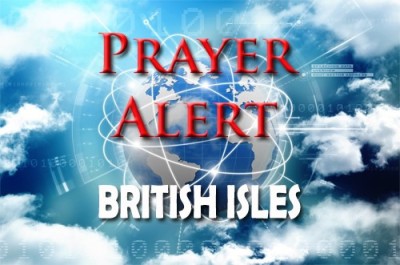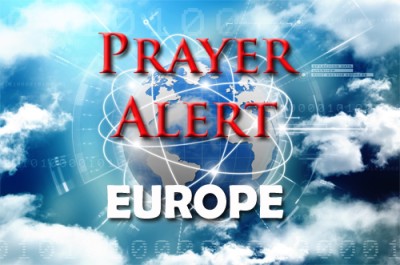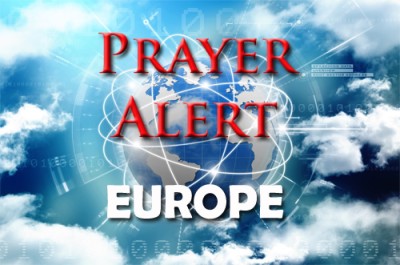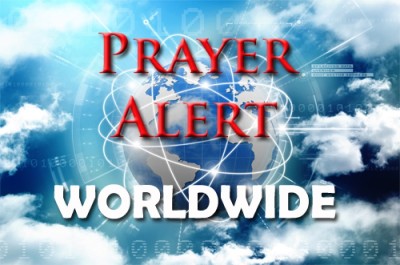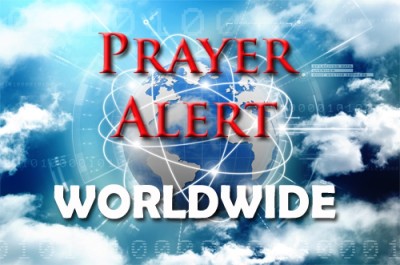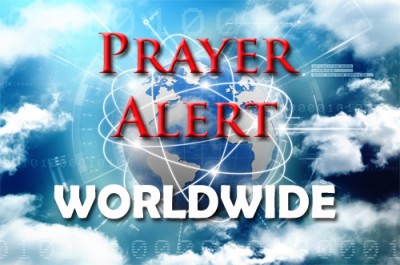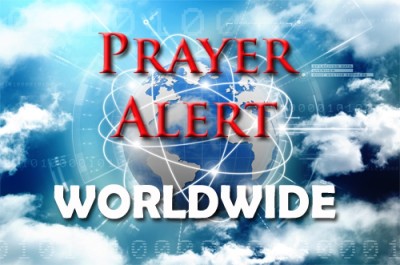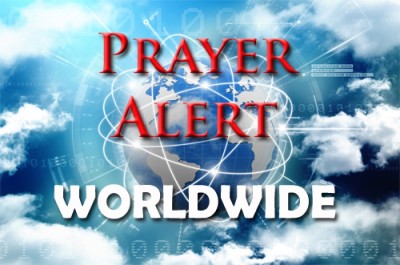Briton accused of spying
08 Apr 2022David Smith, a former employee of the British embassy in Berlin, was arrested for having allegedly offered names of British officials to Russian spies. He was extradited to the UK on 4th April after losing a battle to stay in Germany and appeared at Westminster Magistrates’ Court the following day. The state court of Brandenburg said that it had accepted an extradition request by the Government for Mr Smith, who has been in German custody on suspicion of spying for Russia. Mr Smith was arrested at his home in Potsdam, 21 miles west of Berlin, last summer after a joint investigation by German and British security services found that he had been selling information to Russia since at least Nov 2020.
Prime Minister Viktor Orban won his fourth term in Hungary’s general election. In his victory speech, Orban said, ‘We never had so many opponents, Brussels bureaucrats, the international mainstream media, and the Ukrainian president.’ He has close ties with Moscow and has banned transferring arms to Ukraine. Victory for Orban means a headache for the EU. In 12 years of tenure, he has rewritten the constitution, filled the top courts with his appointees, and changed the electoral system to his advantage. During campaigning, the opposition's catchphrase was ‘Orban or Europe’ complaining he had isolated Hungary from the European mainstream, from consensual democracy, fairness and decency. Hungary is isolated in the EU and NATO - but neither institution will ostracise him. They want to show Russia Western unity so he will remain an unpredictable thorn in their side. Orban said Hungary would pay Russia in rubles for gas – other European countries have ruled it out.
Europe - healing of the nations
08 Apr 2022God loves the nations, and we can pray for their healing and destiny. May Ukraine experience God’s comfort and help. May the sun of righteousness rise upon them with healing in its wings. May God’s peacemakers arise in Russia, people full of mercy. Pray for love to overcome evil and for all that is in the dark to come to light. Pray for corruption to be revealed. May Jewish people in both countries hear the call to come ‘home’ to Israel and that spiritual revival comes. Europe is currently experiencing how the national and international security of the past few decades is beginning to falter with Russia invading Ukraine. The war poses far-reaching questions regarding political, diplomatic (international relationships, understanding of national interests), economic (sanctions, embargo) and military (weapons delivered to Ukraine, realignment of military resources) How can the war be ended quickly?
Sri Lanka: Economic crisis and revival
08 Apr 2022Anger over the worst economic crisis in decades drives unrest as hundreds of people defied a curfew and rallied in Sri Lanka’s cities and towns demanding the president steps down. They believe their economic crisis has resulted from the incompetency and impulsiveness of president Gotabaya Rajapaksa and his brothers (prime minister and finance minister) making seriously foolish decisions. The entire Cabinet resigned on 3rd April to try and appease protestors, but protesters won’t stop until the president resigns. Police are arresting hundreds for defying the curfew. India announced $1 billion credit to Sri Lanka to help shore up the sinking economy and keep food and fuel costs down. Sri Lankan doctors intend protesting as hospitals run out of essential drugs. Meanwhile, a Christian worker said, I’ve never seen people in Sri Lanka praying as much as they are now. Around the clock, pastors and church leaders are gathering. There are many prophetic utterances that a big revival is taking place.’
Global: Ramadan began on 2nd April
08 Apr 2022Pray for Christians in the Muslim world during the month of Ramadan when Muslims will fast from food and drink during daylight, pray, do acts of charity and give alms. Most Muslims observe Ramadan peacefully, but it creates problems for Christians in Islamic environments. In theory, non-Muslims are not required to fast because it is a form of Islamic worship and one of the five pillars of Islam. However, Christians and other religious minorities in Muslim-majority countries can feel pressured into joining in the severe fast. They will probably be unable to eat in public, creating difficulties for those working outside the home. The month of Ramadan is especially hard for secret believers who converted from Islam but have not told their Muslim families for fear of persecution and even death. They must make the month-long extra commitment to Islamic observance, or risk showing that they have apostatized from Islam.
India: Pastors need prayer
08 Apr 202226 pastors have been explicitly named and included in written threats. A Christian leader from a nearby city said other Christians in the area have also received threats, but still gather for worship, saying, ‘This is God’s work and we will not deny Him. It is difficult, we must face these things. Please pray that we are not discouraged.’ Police have not taken action and are not interested in pursuing those who attack or kill believers. Sometimes the police side with the persecutors. Please pray for the 26 named pastors to be protected from harm. Their names can’t be shared for security reasons, but God knows them. Pray for all Christian leaders in India to receive God’s love and strength, and continue to be resilient in their faith and witness as the attacks against Christian leaders increase daily. Even if they don’t kill in all the cases, the injuries are serious and long-lasting.
Israel’s domestic security is among the world’s most effective, but it failed recently to foil three deadly terrorist attacks that killed 9 Israelis and 2 Ukrainian migrants. Israel has not experienced such intense terrorism since the second Palestinian intifada 20 years ago. Two attacks were carried out by Israeli Arab citizens identifying with IS, the third was a Palestinian inspired by the previous two. The timing is not coincidental, coming just before Israel’s most sensitive dates - March 30 Land Day protests, April 2 Muslim Ramadan started, April 15 the Jewish Passover starts, two days later is Easter Sunday. Major religious observances coinciding within less than a month in the small confines of one of the world’s perennial flashpoints is dangerous. As in the 2015-16 terror wave, the attackers were not terrorists under chains of command. Instead, Israelis face millions of Palestinians, some intent on achieving the glory reserved for martyrs, as depicted on TikTok and other social media.
Ethiopia: Tigray civil war
08 Apr 2022Tigray has been isolated for 17 months. Millions are in desperate need of food and essentials. Tigray's capital is under the control of the rebels. Getting the basics for survival is a source of anxiety. Every bank is shut so people are unable to use the money they have. People are borrowing money from friends and relatives to buy food. Relatives abroad want to help but all phone lines and the internet have been cut off. Plus, any available food has skyrocketed in price. The staple grain, teff, wheat flour, pepper and cooking oil are harder to afford. Foraged wild fruits, which people never used to eat, are now on sale at roadside stalls. People planted vegetables but water is scarce. They sell possessions to live. When nothing is left they start begging in the street. Human Rights Watch-Amnesty report accuses paramilitaries of war crimes and crimes against humanity.
